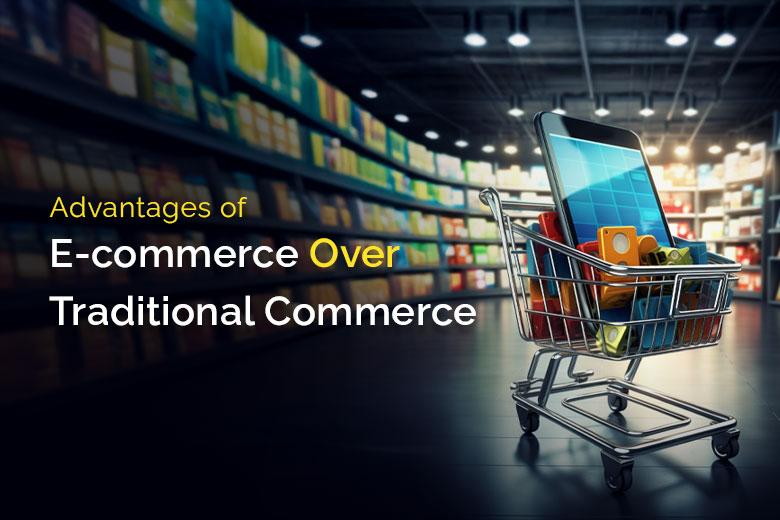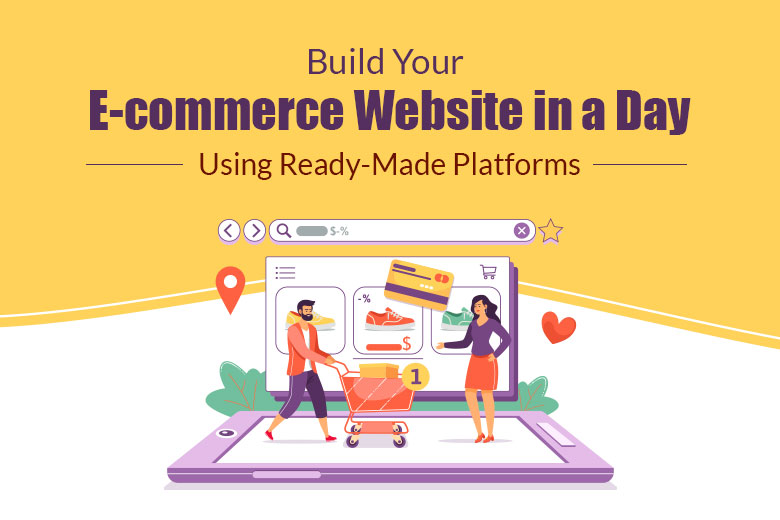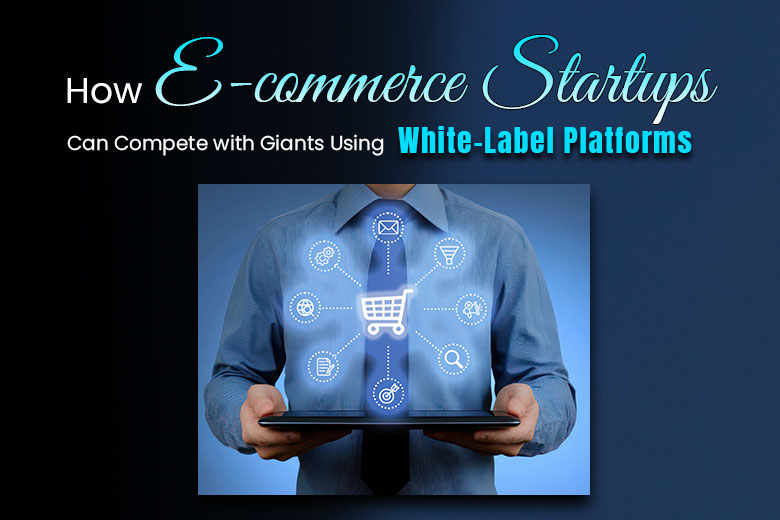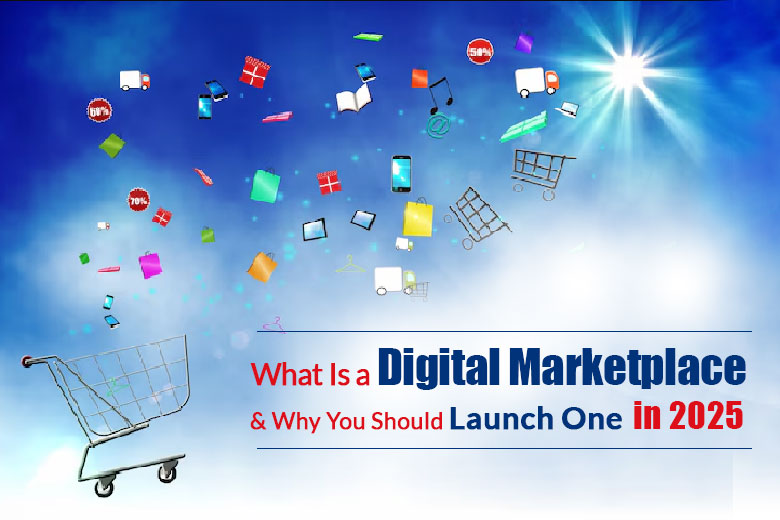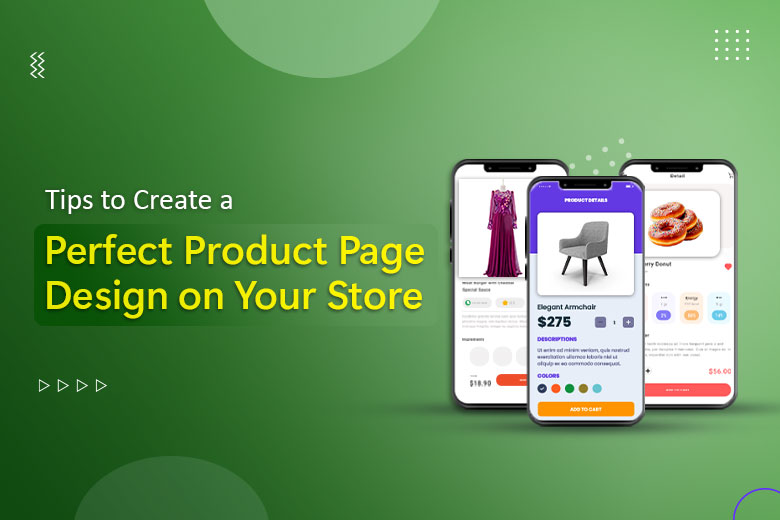Tips to Build a Marketplace for Health Supplements
- April 22, 2025
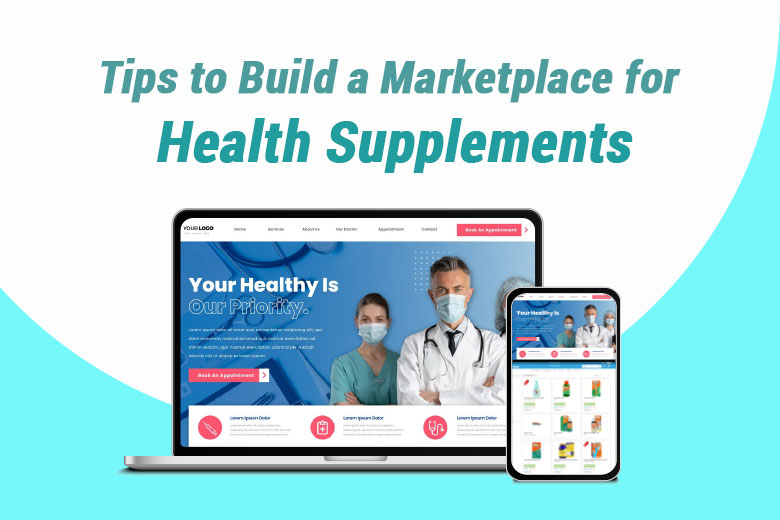
Due to rising health consciousness and a growing inclination for online purchasing, the demand for health supplements has surged in recent years. Starting an online store that specializes in health supplements can be a profitable business venture, as more people are searching for wellness items, protein powders, vitamins, and herbal supplements. However, a customer-centric strategy, the appropriate technology, and strategic planning are necessary to create a successful healthcare e-commerce portal.
If you are a small or mid-sized business owner thinking about getting into the e-commerce market for health supplements, this guide will help you figure out the necessary procedures. Everything you need to know to create a successful online marketplace will be covered, from choosing the best platform and making sure regulations are followed to putting marketing plans into action. Whether you’re trying to improve an existing platform or start from scratch, these insights will provide your firm a solid foundation for success.
1. Understand the Market Demand
Before diving into the development process, it is crucial to research the demand for health supplements. The healthcare e-commerce portal industry is growing rapidly, and understanding customer preferences, trends, and competition will give you a competitive edge.
Key Points:
> Conduct market research to identify demand trends.
> Analyze competitors to determine pricing and product offerings.
2. Choose the Right Ecommerce Platform
Selecting the right platform is one of the most important decisions in ecommerce marketplace development. Your platform should be scalable, secure, and optimized for a seamless user experience.
Considerations:
> Custom Development vs. SaaS Solutions: opt for a custom-built marketplace for better flexibility or use platforms like Shopify, WooCommerce, or Idiocom for quick setup.
> Mobile Responsiveness: Ensure the platform is mobile-friendly, as most customers shop via smartphones.
3. Build a User-Friendly Website
A well-designed healthcare e-commerce portal should be intuitive, aesthetically pleasing, and easy to navigate. Focus on creating an engaging user experience that encourages purchases.
Features to Include:
- > Intuitive Navigation: Ensure users can easily find categories, product pages, and checkout options.
- > Advanced Search & Filters: Allow customers to filter products based on ingredients, brand, price, and health benefits.
- > Detailed Product Pages: Provide high-quality images, comprehensive descriptions, and customer reviews.
- > Subscription & Loyalty Programs: Encourage repeat purchases by offering discounts and rewards.
4. Ensure Compliance with Healthcare Regulations
Since you are dealing with health supplements, adhering to legal and regulatory requirements is crucial. Different countries have specific guidelines for selling supplements online.
Steps to Follow:
- > Obtain necessary certifications from food and drug regulatory authorities.
- > Clearly label products with ingredient lists and potential allergens.
- > Implement return and refund policies that comply with health regulations.
5. Integrate a Secure Payment System
A seamless and secure payment process is essential for the success of your health supplements ecommerce platform. Offering multiple payment options ensures a convenient checkout experience for customers.
Best Practices:
- > Integrate trusted payment gateways like Stripe, PayPal, or Razorpay.
- > Support multiple payment methods, including credit/debit cards, UPI, and digital wallets.
- > Ensure PCI-DSS compliance to protect customer payment data.
6. Implement Effective Marketing Strategies
To attract customers and increase sales, you need a robust digital marketing strategy tailored to your healthcare e-commerce portal.
Marketing Strategies:
- > Search Engine Optimization (SEO): Optimize product pages with keywords like “health supplements ecommerce” to improve search rankings.
- > Content Marketing: Create blog posts, guides, and videos about health and wellness.
- > Social Media Advertising: Utilize Facebook, Instagram, and TikTok to reach health-conscious audiences.
- > Influencer Collaborations: Partner with fitness influencers and nutritionists to promote your products.
- > Email Marketing: Send personalized recommendations, discounts, and health tips to engage customers.
7. Offer a Seamless Customer Experience
Providing excellent customer service is key to retaining customers and gaining positive reviews. A well-managed ecommerce marketplace development should focus on customer satisfaction at every stage.
Ways to Enhance Customer Experience:
- > Live Chat & Support: Provide real-time assistance for inquiries and concerns.
- > Easy Returns & Refunds: Simplify the process to build customer trust.
- > Fast Shipping & Tracking: Offer multiple delivery options, including express shipping.
- > Loyalty Programs: Encourage repeat purchases with reward points and special discounts.
8. Scale Your Business with Analytics & AI
Data-driven decision-making can help you refine your business strategies and improve customer engagement. Use analytics insights to optimize your ecommerce marketplace development.
Key Metrics to Track:
- > Sales performance and customer behavior.
- > Popular products and seasonal trends.
Building a successful health supplements ecommerce marketplace requires careful planning, execution, and ongoing optimization. By focusing on user experience, compliance, marketing, and customer satisfaction, you can create a healthcare e-commerce portal that thrives in the competitive online marketplace.
If you are a small or mid-level business owner looking to launch your own ecommerce marketplace development, now is the perfect time to start. With the right strategies and a customer-centric approach, your health supplements store can become a trusted platform in the wellness industry.
You May Also Read

9 product photography hacks to transform your shopping portal
